For language geeks like me, accent reduction is a term used to describe losing a foreign or regional accent to adopt a more popular one (e.g., American). It’s an important part of a person’s identity, but sometimes pronunciation that’s hard to understand can lead to miscommunication in professional settings such as business and academia.
In fact, many well-known actors use accent reduction to cast more movie roles. And sometimes even the most attentive film-watchers take them as born and bred United States citizens.
So when redditor Jma7400 asked fellow users who were some actors they couldn’t believe weren’t from the US, over 4000 people shared their eye-opening discoveries. Some of them channel their inner American so well, they deserve all the spotlight.
Without further ado, we invite you to scroll down and see these brilliant shapeshifters for yourself. While you’re at it, make sure to check out the conversations we had with voice and accent coaches Ashley Howard, Holly Renaut, and Sarah Valentine, who kindly agreed to let us in on the secret of how accent masking works.
#1

Image credits: ginger_minge
#2
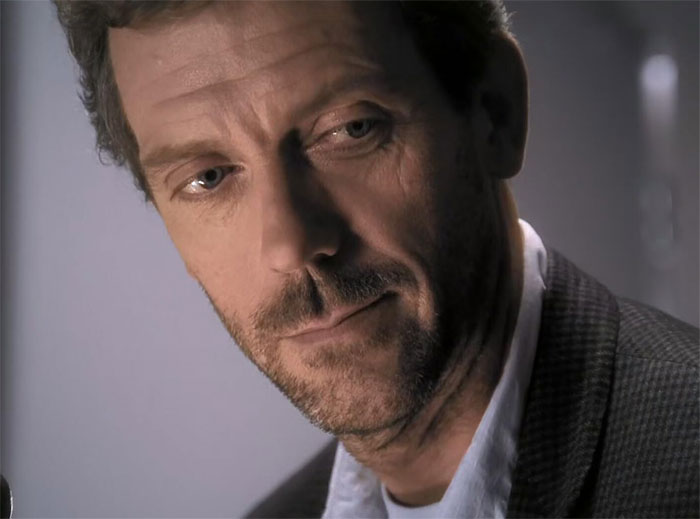
Image credits: cb_raider
#3
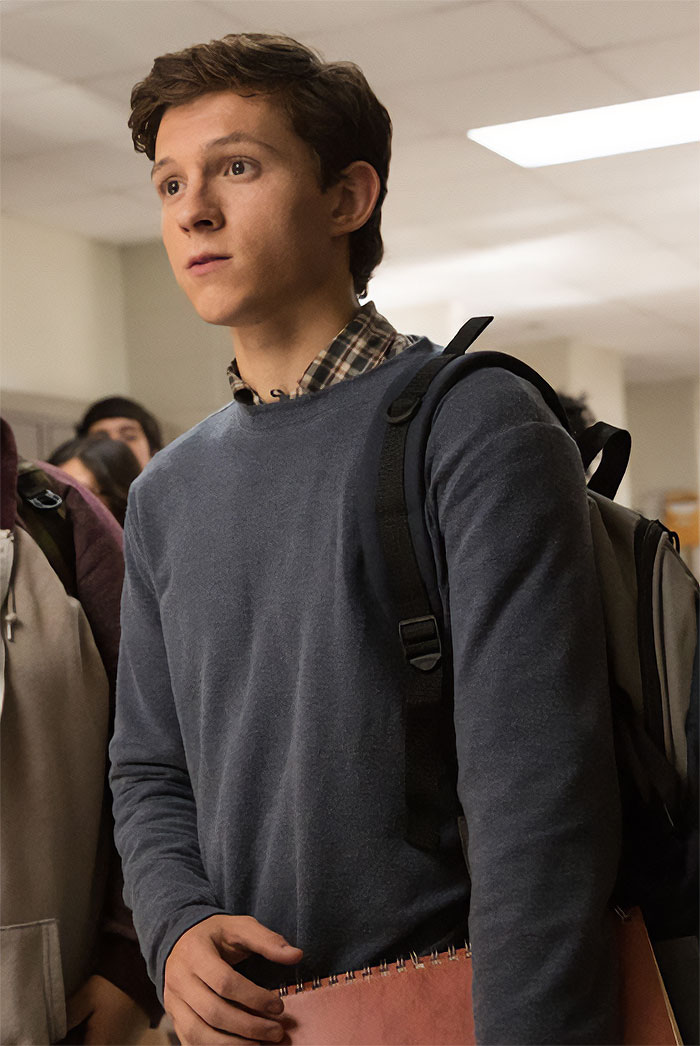
Image credits: _Goose_
Bored Panda reached out to voice coach Ashley Howard to learn more about what accent reduction is.
Howard defined it as the process through which a person changes their accent towards another accent. It is also known as accent softening, accent modification, and accent neutralization.
“In reality, accent reduction is more so a process of accent acquisition: you never lose the ability to speak the way you speak but instead learn another way of speaking, substituting the sounds and intonation patterns you use for other sounds and intonation patterns.”
“If you only wanted to use the new sounds and intonation patterns, then after some time, the old neural pathways may become less familiar and easier to use, so the new sounds and intonation patterns would become the more dominant instinct. At this point, perhaps you could then say that you have reduced or even gotten rid of your old accent.”
#4

Image credits: omgwtflols
#5
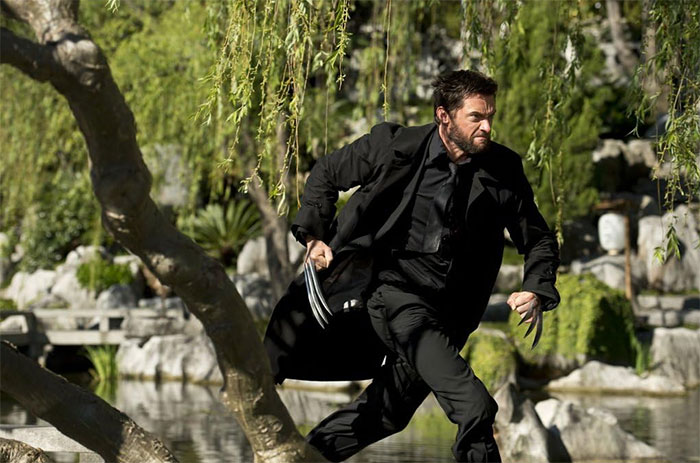
Image credits: Logical-Wasabi7402
#6

Image credits: Jealous-Werewolf-367
We also got in contact with a professional actor and dialect coach, Holly Renaut, who prefers not to use this term at all, as it implies that it’s possible to get to a point where one has no accent, and this is simply not attainable.
“We all, regardless of language, have an accent. An accent is simply a particular way of pronouncing a language. You can have an accent that is, for example, more Spanish in its pronunciation, and you’d like to shift it towards sounding more American. This notion that some people have an accent while others do not is simply false.”
“So, let’s tweak slightly and talk about accent shifting. Moving along the line from one accent to another. You could land anywhere on that line, with some features of one accent, some of another. We all have our own particular, unique, and beautiful way of speaking.”
“Accent shifting is a complex but achievable process involving training your articulation muscles, reprogramming your brain to activate them in a different way than you may do habitually, working on your listening skills to distinguish between similar sounds, perhaps unfamiliar to you, noticing the rhythm, melody (intonation), and word stress patterns, and turning that all into something that, in an ideal world, happens without you thinking about it.”
#7
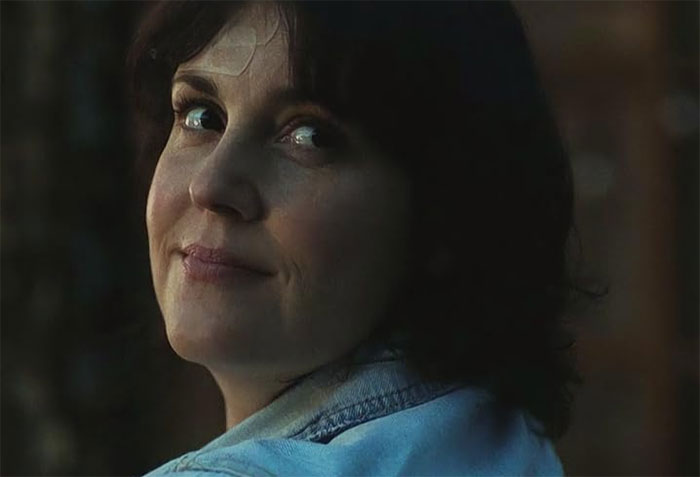
Image credits: daytimeinsomnia
#8
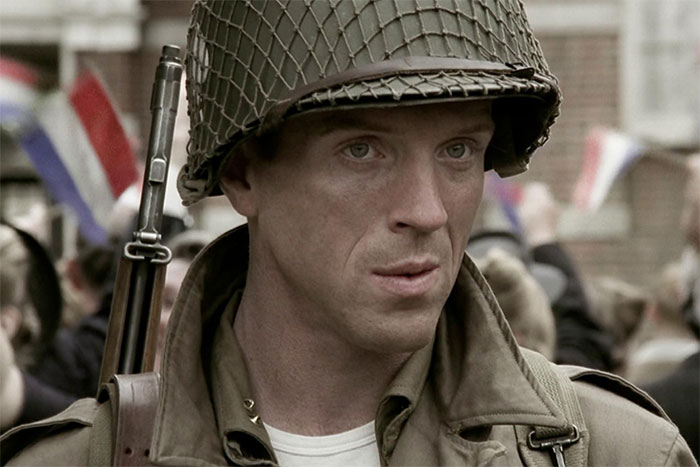
Image credits: salaciousserver
#9
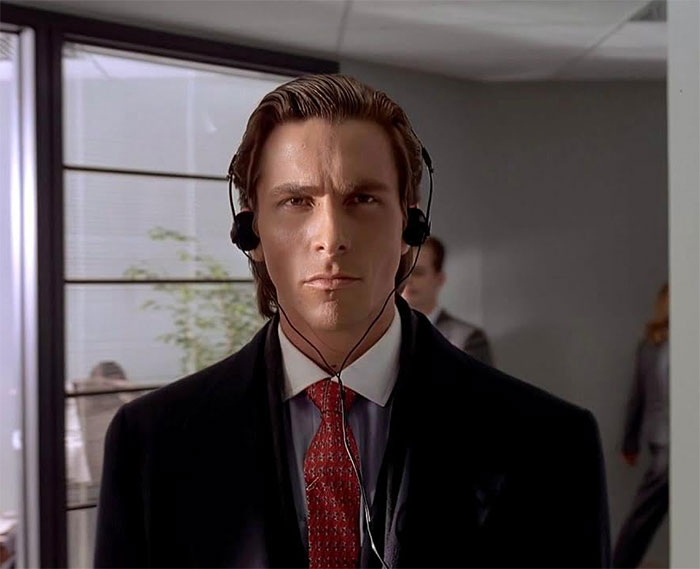
Image credits: Caseated_Omentum
We were fortunate enough to receive another opinion from actors’ accent coach Sarah Valentine, who has worked with all kinds of people and thinks people shouldn’t hide this part of their identity in the first place.
“I work with people from all over the world who want to sound more ‘American’ or more ‘British’ or just be understood, so they can be doctors, lawyers, dentists, telephone operators, anyone in business, professionals from all walks of life, basically anyone at all who just wants to ‘sound more professional’. But I do need to reiterate that because I have such a passion for accents and I love listening to them, I don’t feel the need for accent reduction. But I understand the need to teach people how to do it, and so that's what I do. It’s simply a service I provide, although I personally don’t see it as necessary.”
#10
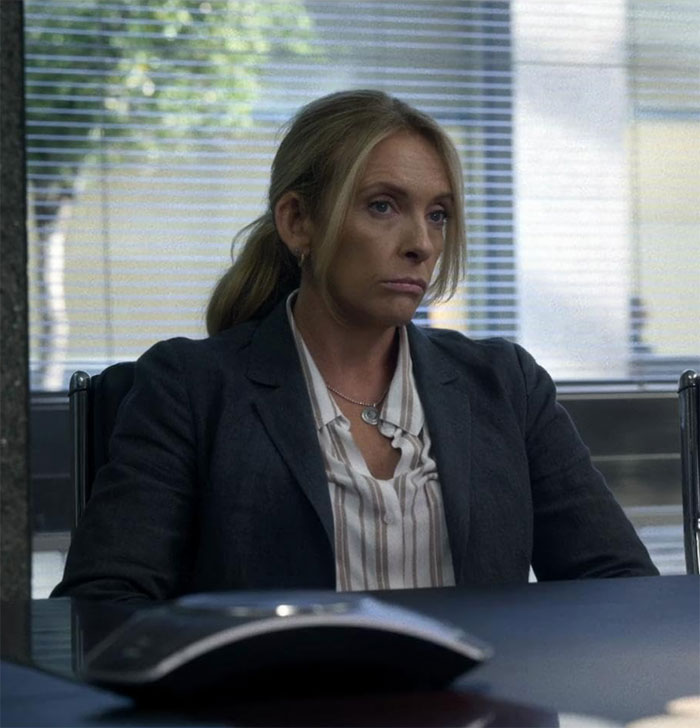
Image credits: Traditional_Ad_6801
#11
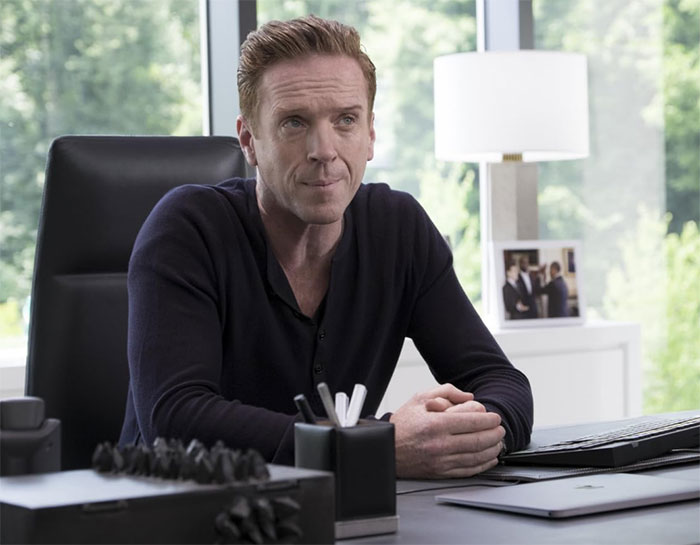
Image credits: XXsforEyes
#12
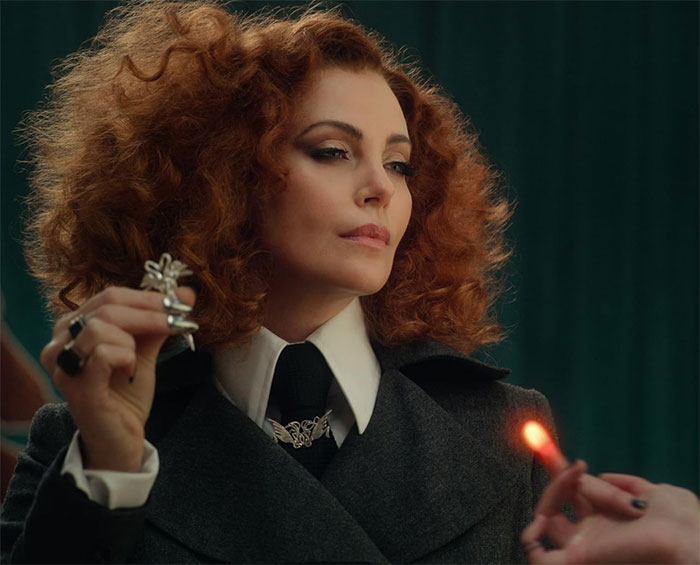
Image credits: Beeeeater
The challenges these experts face vary from person to person. Howard finds that the most common ones are learning new sounds and intonations that a person has never made before. Or knowing when to apply the newly learned characteristics to the desired accent.
What he also finds challenging is consciously applying the learning to spontaneous speech. “The way we approach this is to think about introducing the new features into low-stress and low-stakes conversations first. The other way we approach this is to consider their most common phrases in both personal and professional contexts, as well as names and technical terminology used at work that they can practice, so that when these come up, they are more likely to use the new pronunciation.”
#13
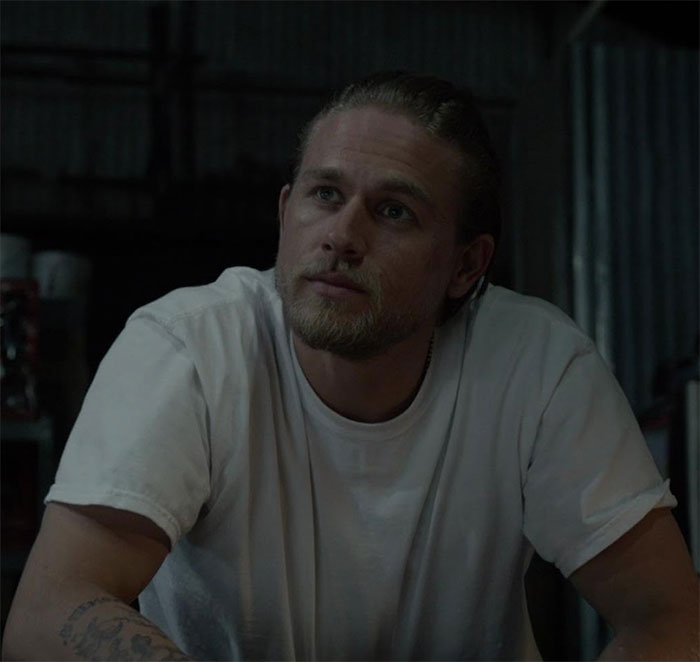
Image credits: themeatspin
#14
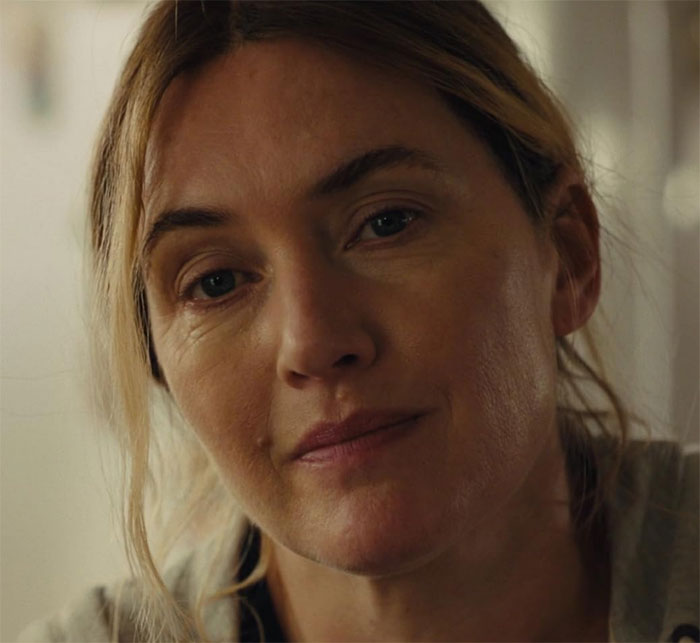
Image credits: klitchell
#15
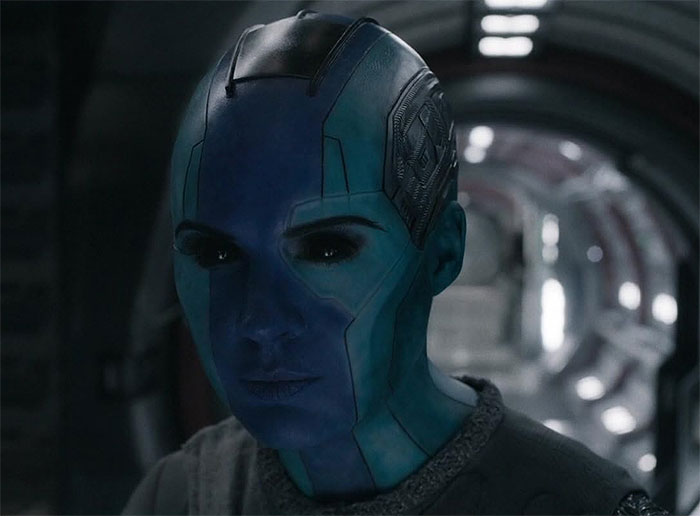
Image credits: travelingpug
Renaut finds difficulties with mindsets that some individuals have adopted. “Some people feel that accents are a skill you either have or don’t. But they’re more like music. Some people have a different level of talent naturally than others, but anyone can learn with some time and effort.”
“Other people hugely underestimate how much effort and practice can go into learning to shift to another accent. They tend to think it’s a matter of ‘listen and repeat’, but there’s much more to it. I work according to how the client responds best. Some are visual learners; some respond to audio and are great at imitating; and some need physical instructions and work with images… It’s about getting to know the individual and catering the training to them.”
She also notices that “there are a lot of people who teach ‘accent reduction’ who charge a fortune and only approach things using phonetics. But learning the symbols for the sounds doesn’t always translate into your mouth being able to correctly make them. This leads to a lot of frustration, and people enter training with me already feeling like their goals are achievable.”
#16
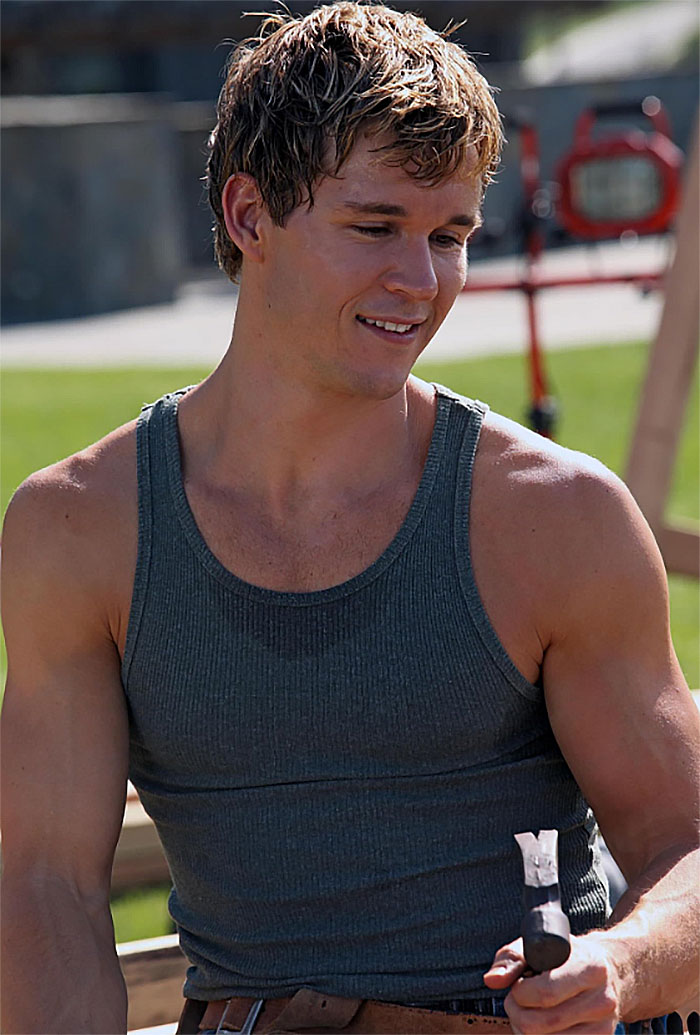
Image credits: FormedFecalIncident
#17
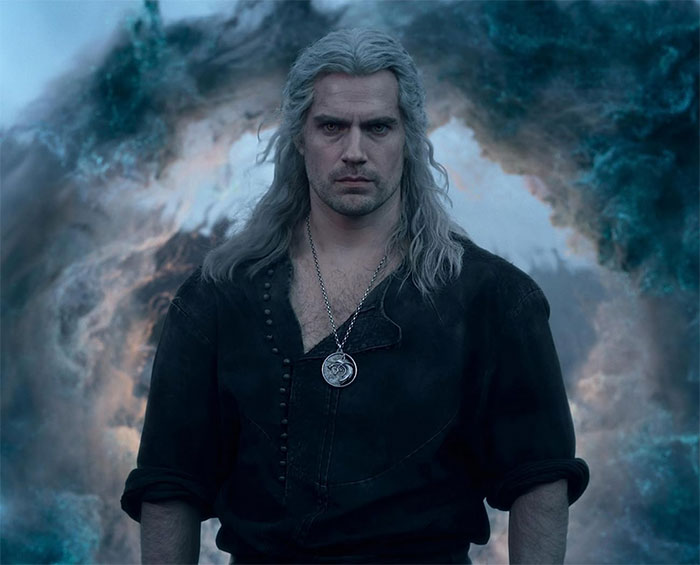
Image credits: teacher_time23
#18
Valentine shares that the challenging part of her job is that everyone hears differently, and being able to get sounds right is difficult. But, fortunately, she has found a way to work around it.
“I make the learning fun, and whether you want to sound American or British, I am able to connect to my client and imagine how the interior of their mouth currently works, and I get them to switch it to their desired accent.”
Her method of teaching isn’t really conventional, as she has created her own “Valentine method,” which still works on the basis of phonetics but is adjusted to the person she’s working with. “I am more visceral in the respect that I work with the person and understand them so that we together can create the exact perfect sound and accent that the person wants.”
#19
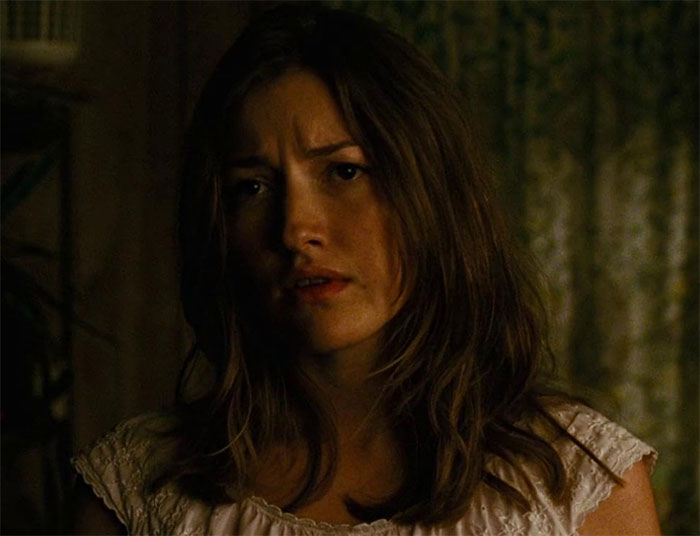
Image credits: iploggged
#20
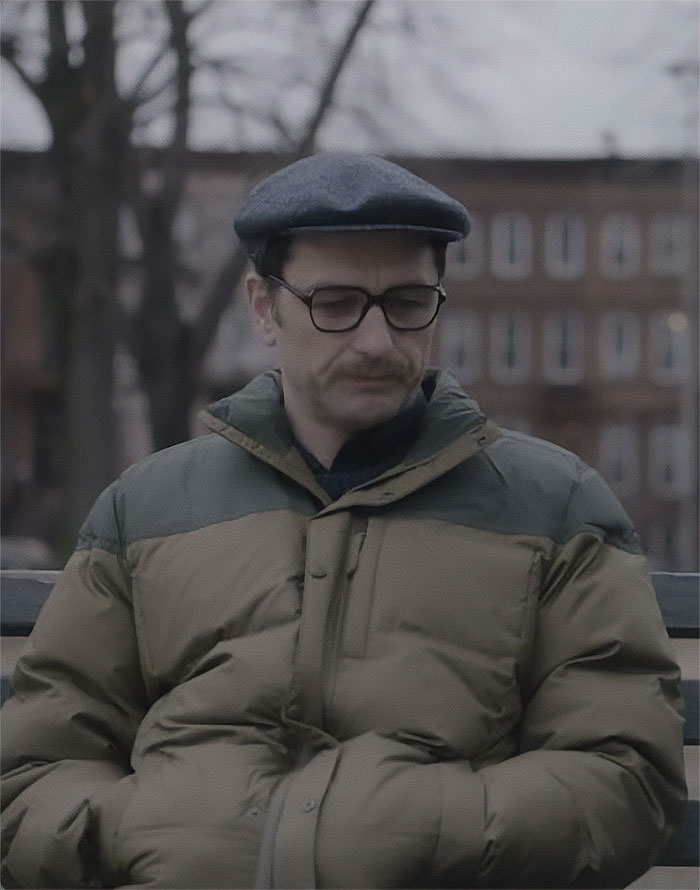
Image credits: credoinvisibile
#21
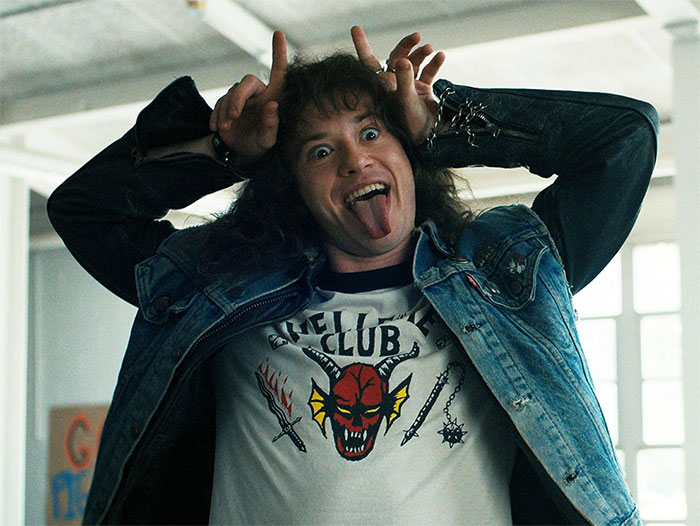
Image credits: seashell_eyes_
Renaut was also kind enough to provide some advice for people who would like to reduce their accent. “Firstly, observe your own speech. Talk to yourself in the mirror and notice what moves, what shapes your lips make, how open your mouth is, and how tense or relaxed your muscles are, etc. Record yourself and listen (I know we all hate the sound of our own voice, but this is crucial!). Notice the ups and downs, how fast you are, and whether you pronounce things clearly or rush through them.”
“Watch others speak without the sound on. When babies learn to talk, they look at people's mouths; that's why the first sounds they make are ones we can see (M, B, D). Start to imitate the movements you see rather than simply trying to make the sounds.
“Listen to speakers that have this accent. BUT don’t listen to the words. The first thing to listen for are the sounds they make when they are thinking (called the hesitance sound). These “ums and ahs” will show you what the “home position” of the mouth is. If you learn to relax your mouth into that position, it’ll help a lot. Listen to the intonation. Do they go up at the end of the line? Do you hear a large or small range in the voice and its ups and downs?”
“While you’re at it, write down a few words you connect with the accent or find particularly fun to say. For example, if you want to sound British, maybe ‘darling’ is one of your words.”
#22

Image credits: Redditowork
#23
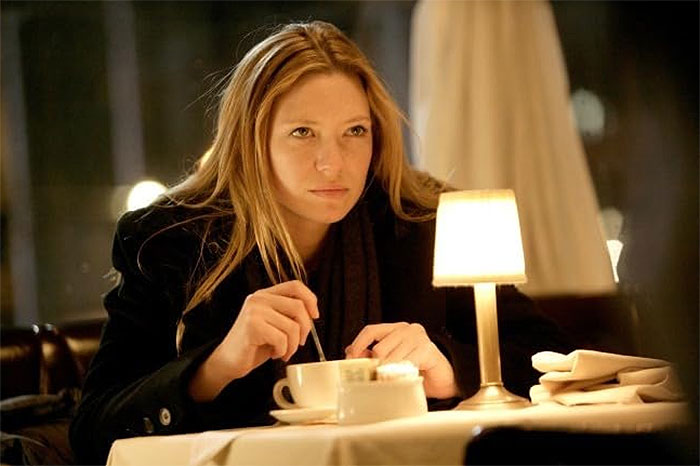
Image credits: Many-Day8308
#24
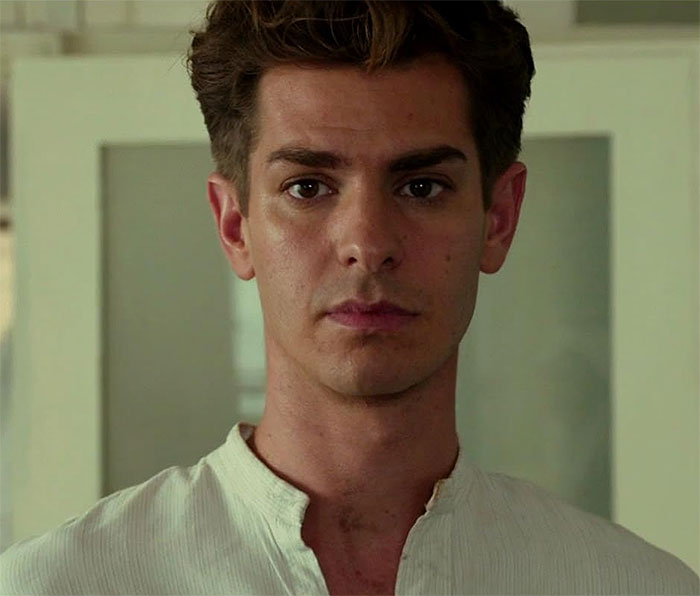
Image credits: Consistent_Ad_2462
In addition, Valentine recommends watching television shows you want to learn the accent from, getting a VPN, listening to local radio, going online, and searching for specific things on YouTube that allow you to listen to people from the local area.
“Something that I do when I'm researching roles is that if a character comes from a specific place in the world, I will call the local library and tune in to their local radio. I also created a website called Accent Bank, which allows people from around the world to send me their real accents, which I then upload onto it.”
If you’re interested in accents, it’s an excellent opportunity to listen to some of them and perhaps contribute one of your own! All you need to do is download a little three-minute script and read it.
#25
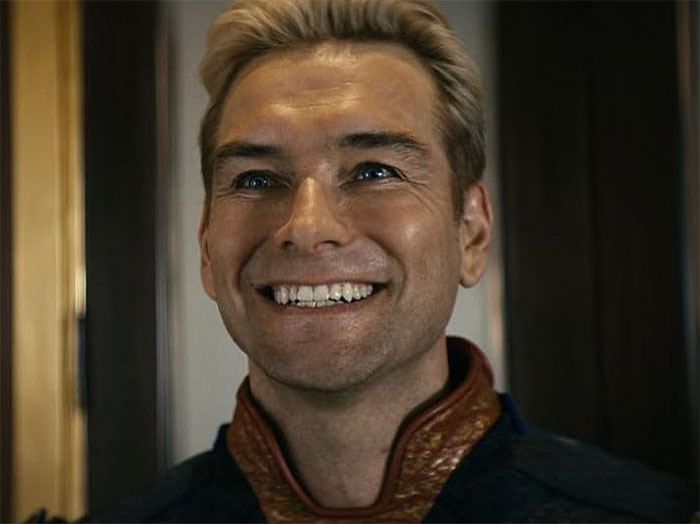
Image credits: NullTaste27
#26
#27
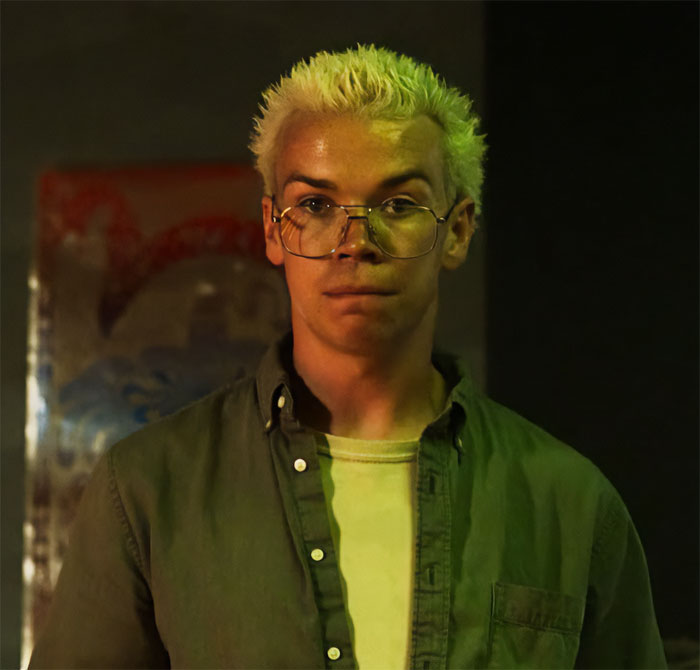
Image credits: Zestypurple67
Renaut concludes by saying, “I believe all accents are beautiful. The goal for me, particularly for people looking for “accent reduction,” is to first re-frame the goal. Most people are happy to retain some of their “original” accents. It’s part of who they are. Their identity.”
“Shifting 100% into another accent can feel like a loss or a rejection of part of what makes us who we are. If we can be easily understood and feel confident, that is good enough. I don’t want to live in a world in which everyone wants to sound the same. We all love listening to accents. We should approach them playfully. Won’t it be a shame to lose them?”
She also has a very successful program online called The Accent Challenge. An affordable, extremely effective program for actors of all language backgrounds. It’s a lot of fun!
#28

Image credits: __BipolarExpress__
#29
#30
#31
#32
#33
#34
#35
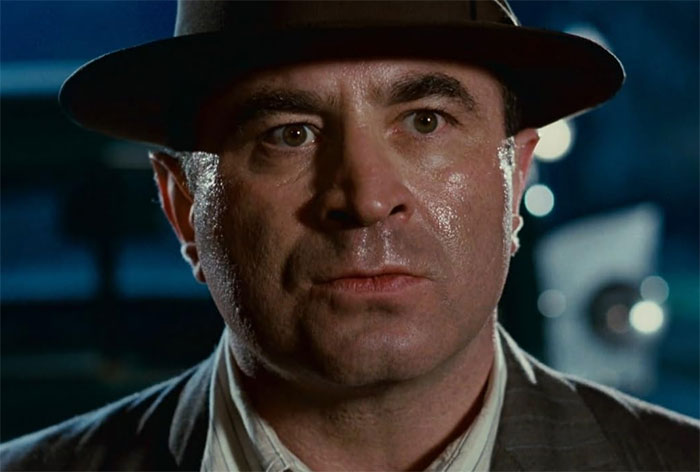
Image credits: SpraePhart
#36
#37
#38
#39
#40
#41
#42
#43
#44
#45
#46
#47
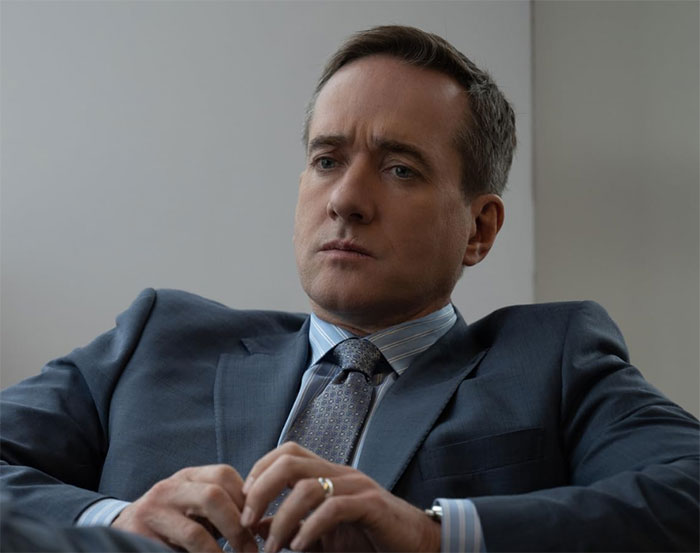
Image credits: auntie_climax
#48
#49
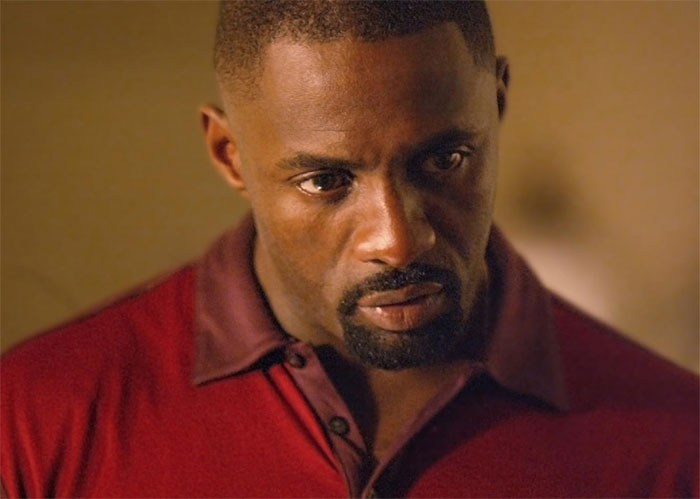
Image credits: nazzadaley
#50
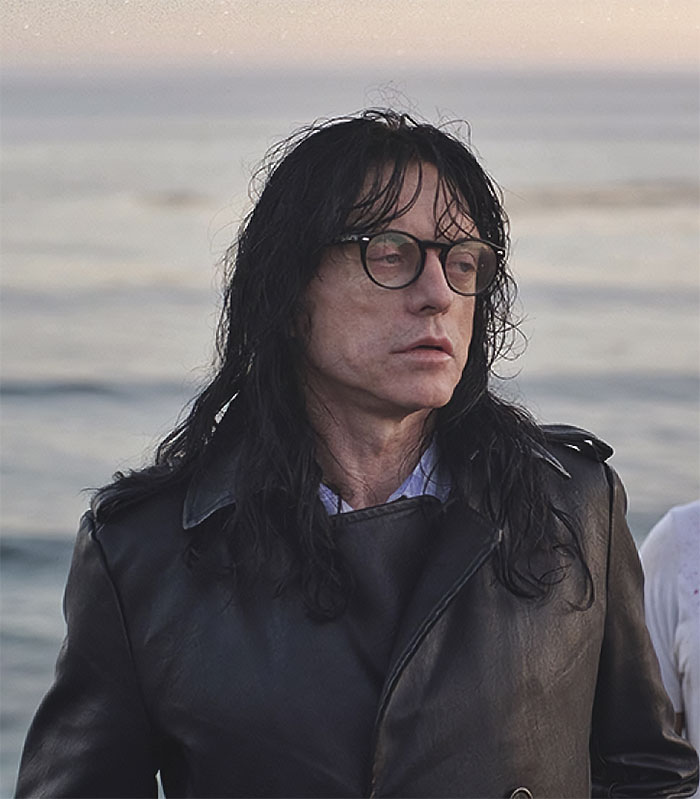
Image credits: anon







